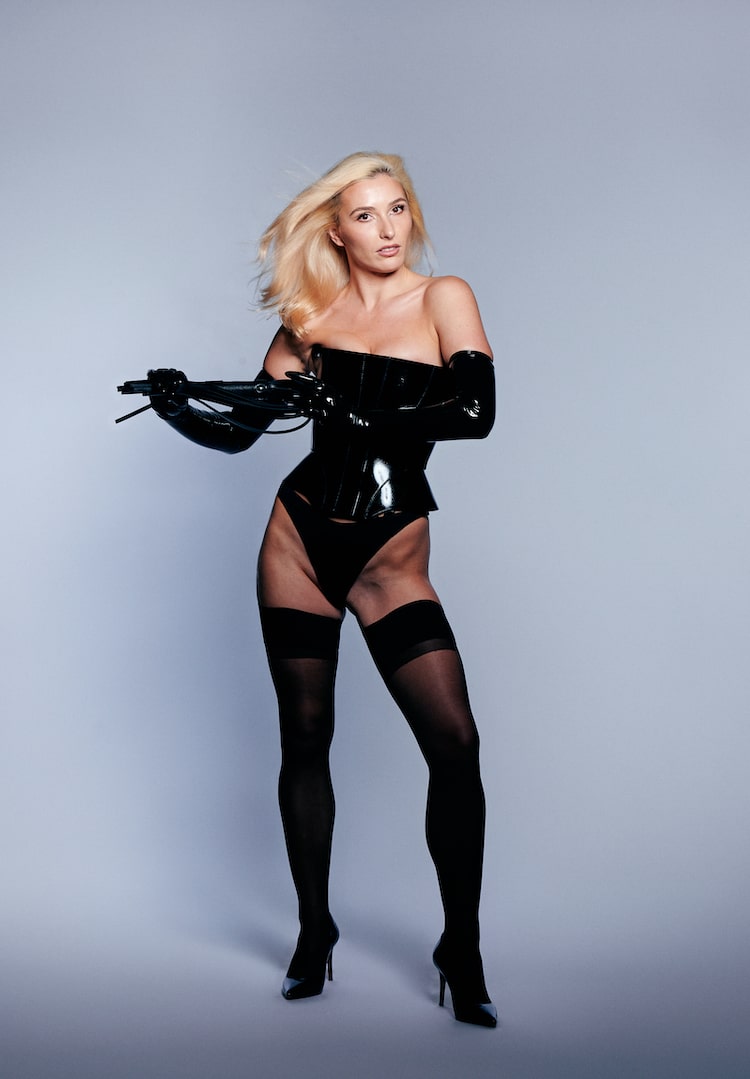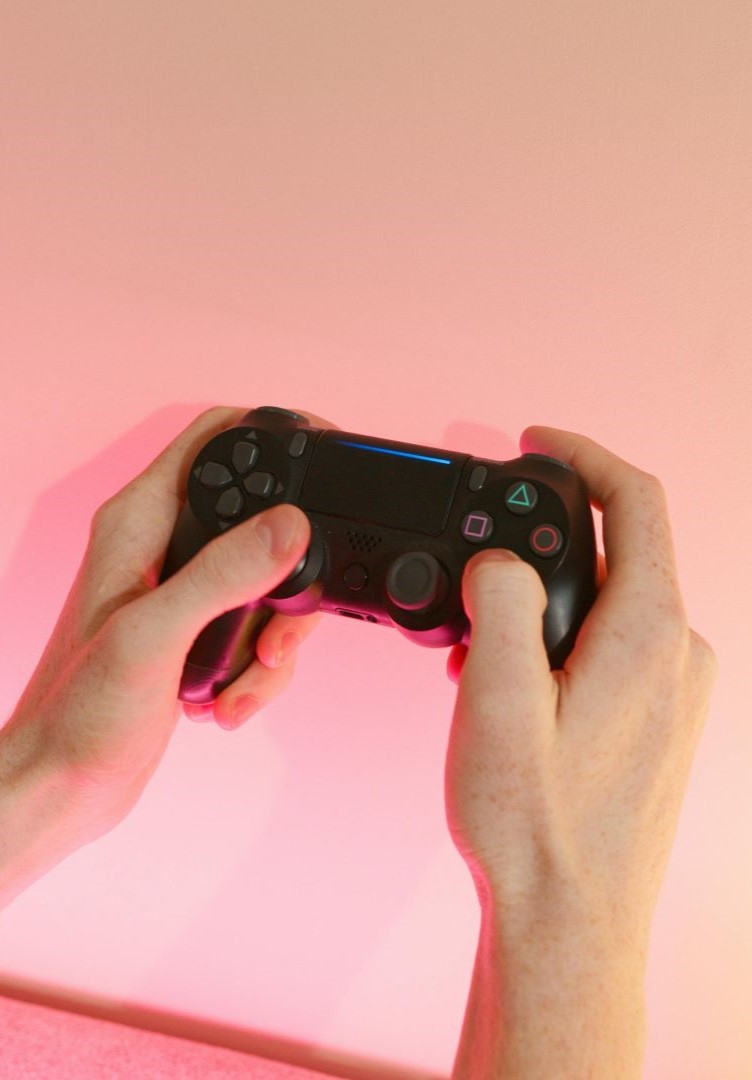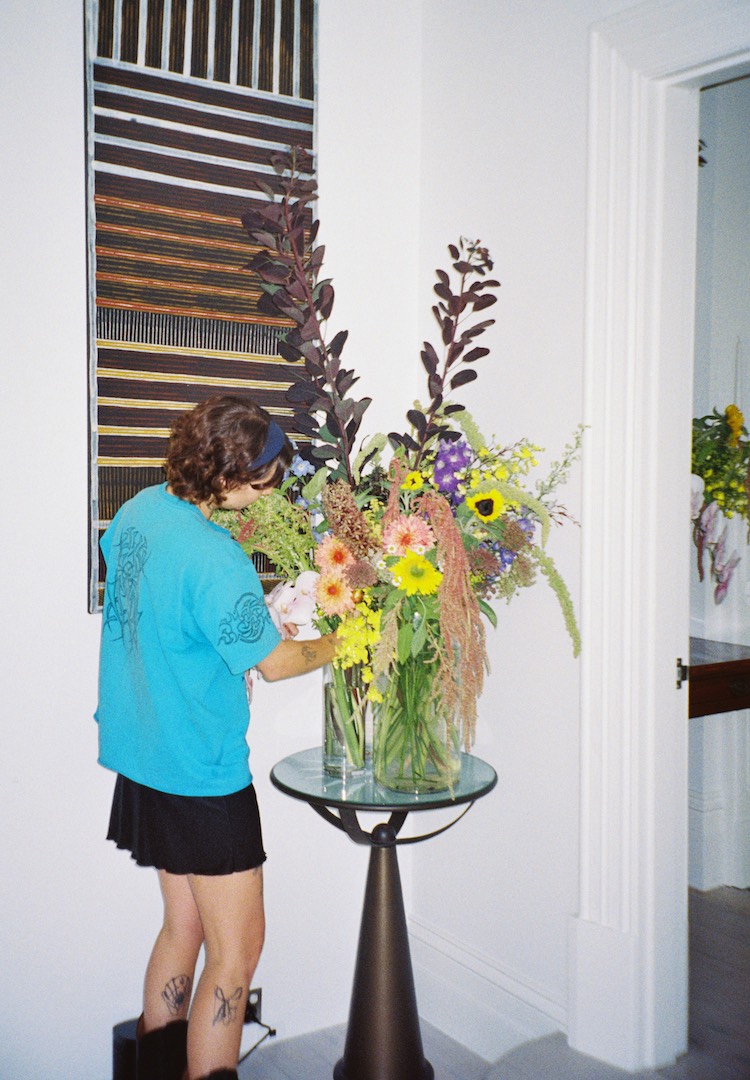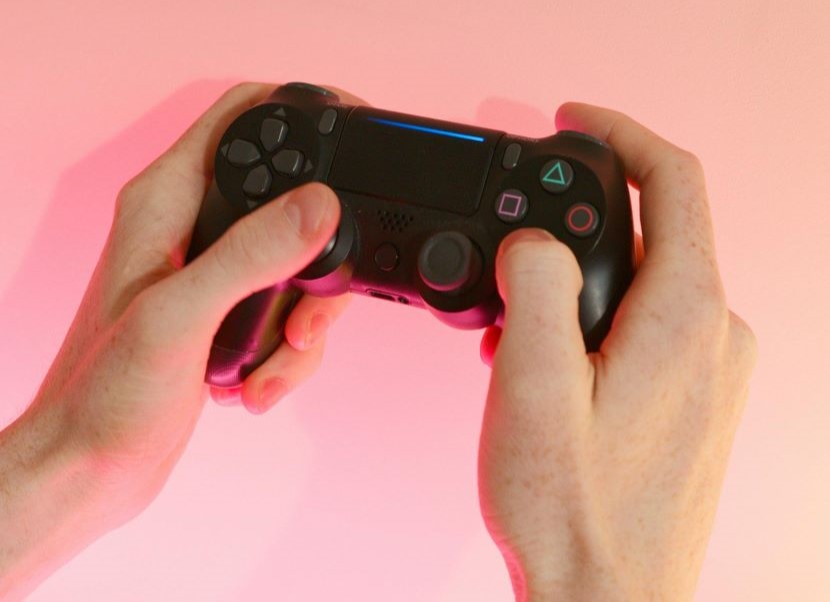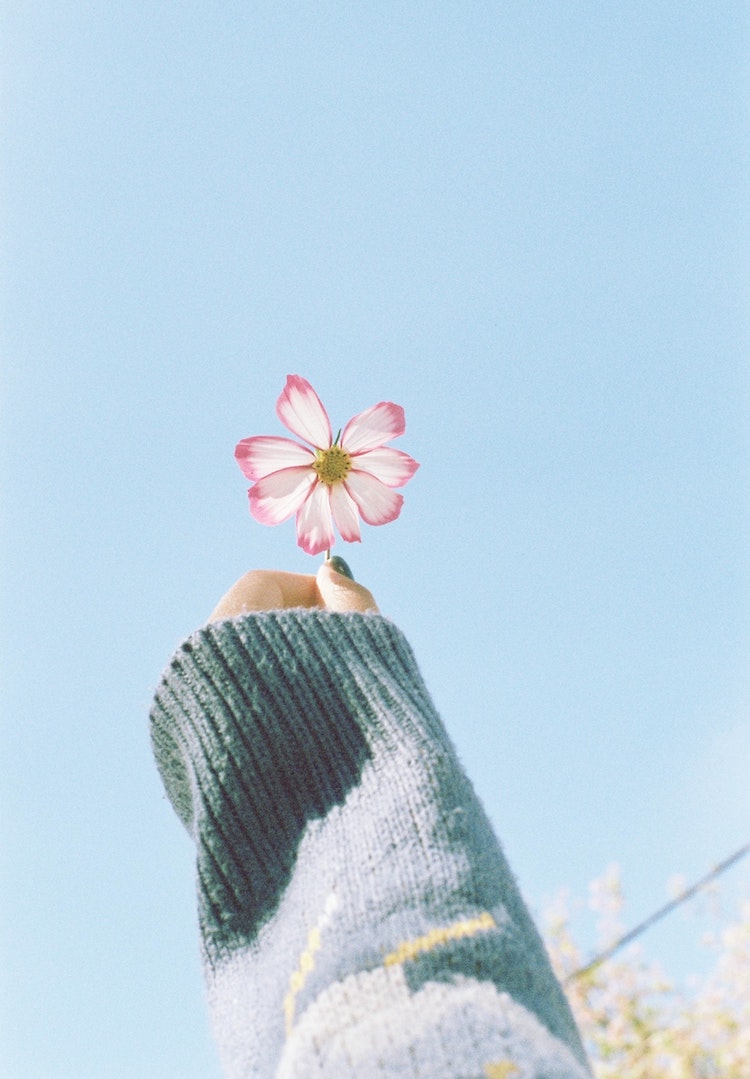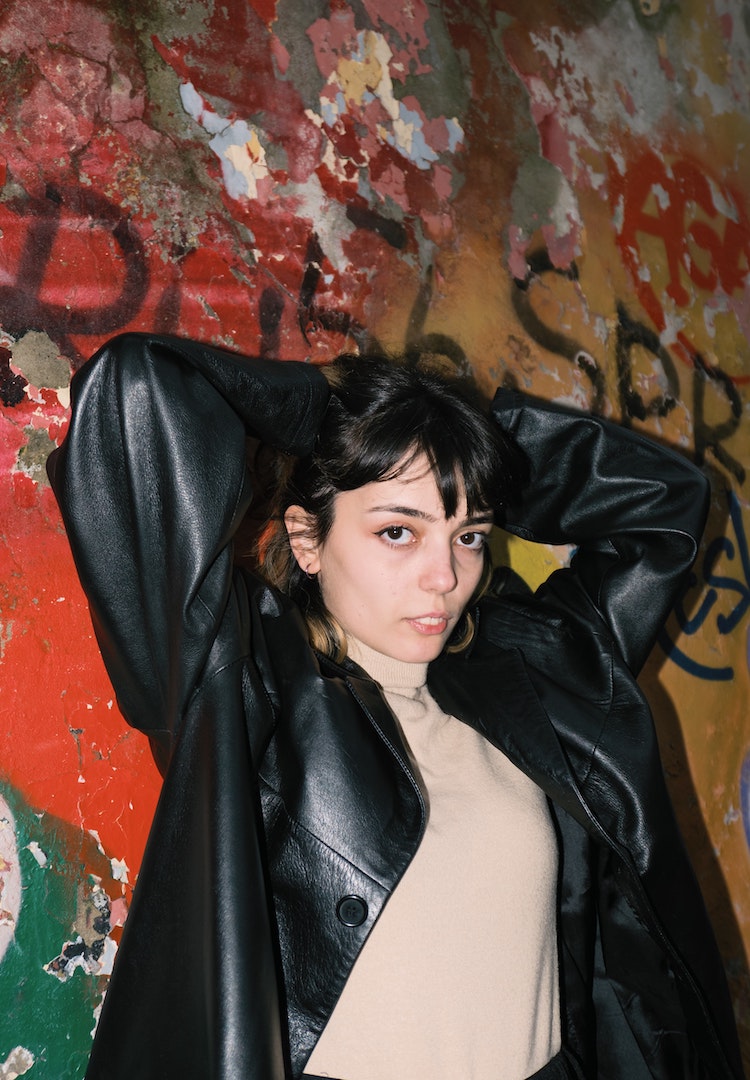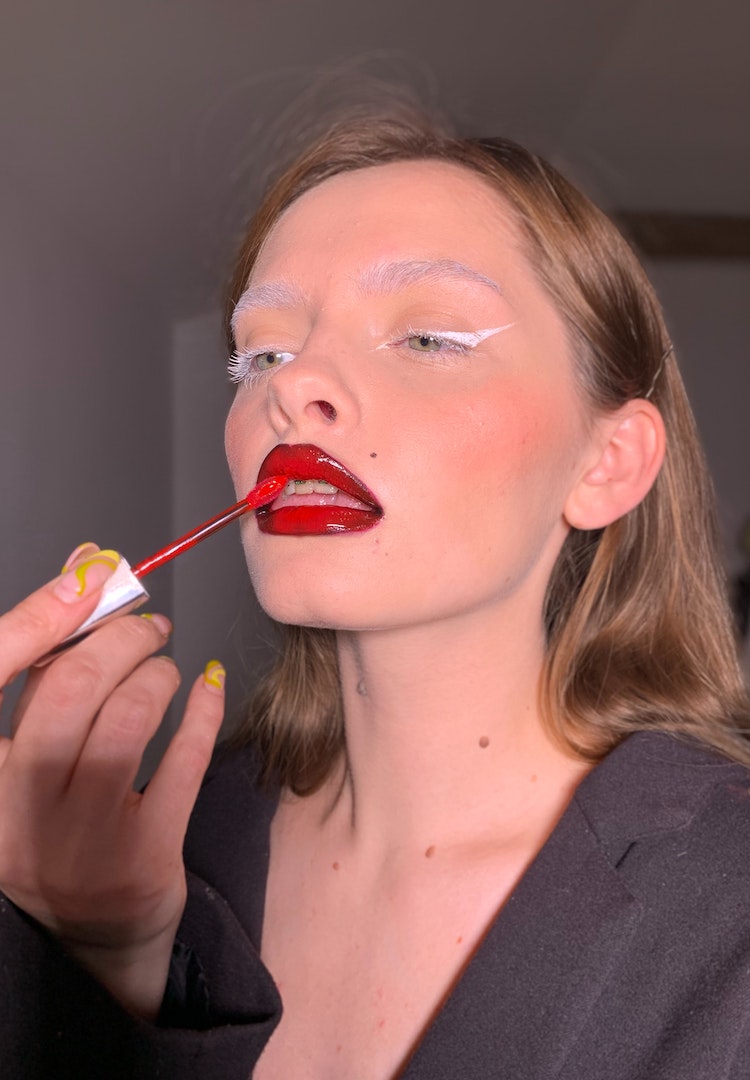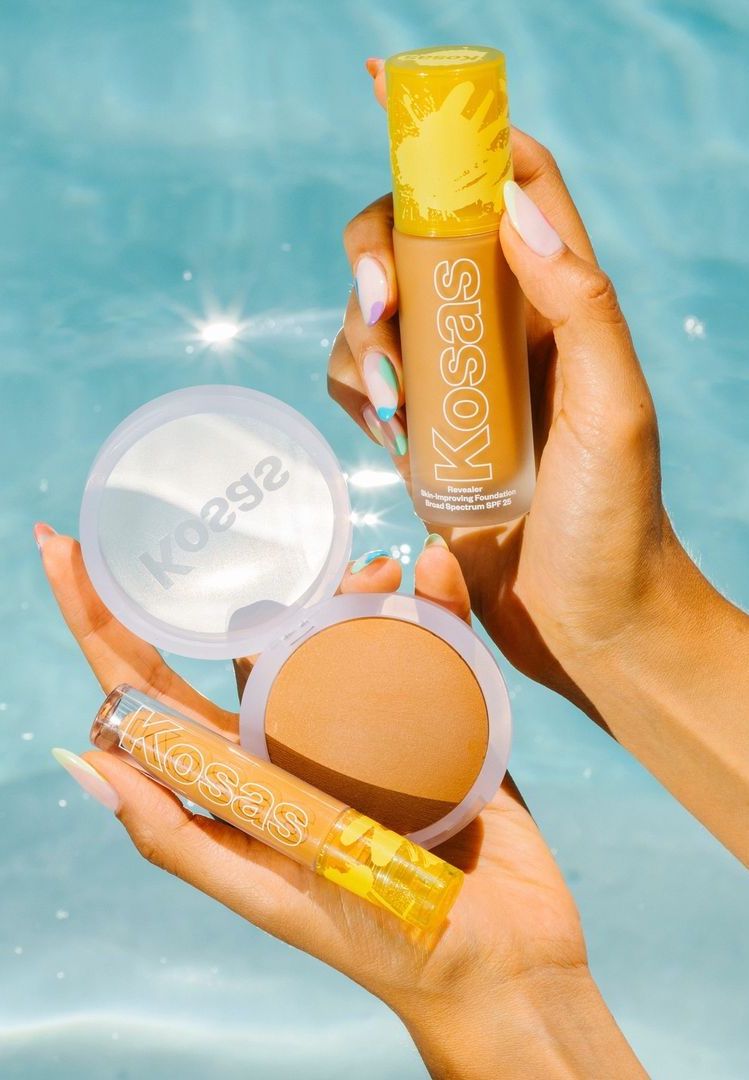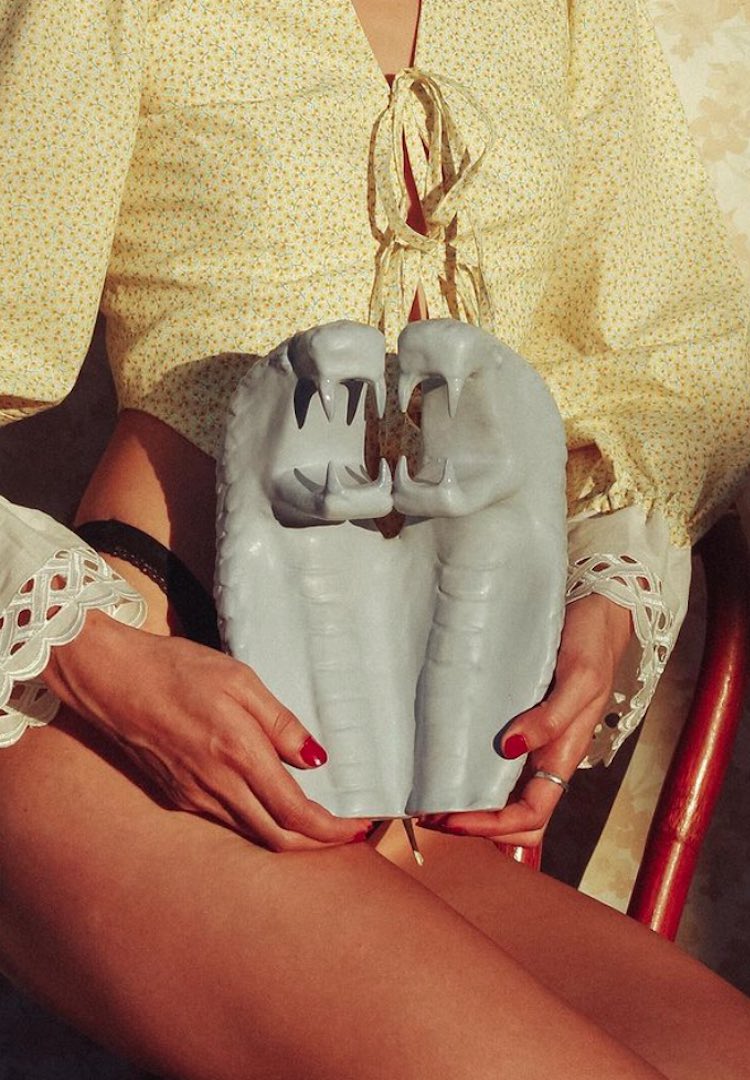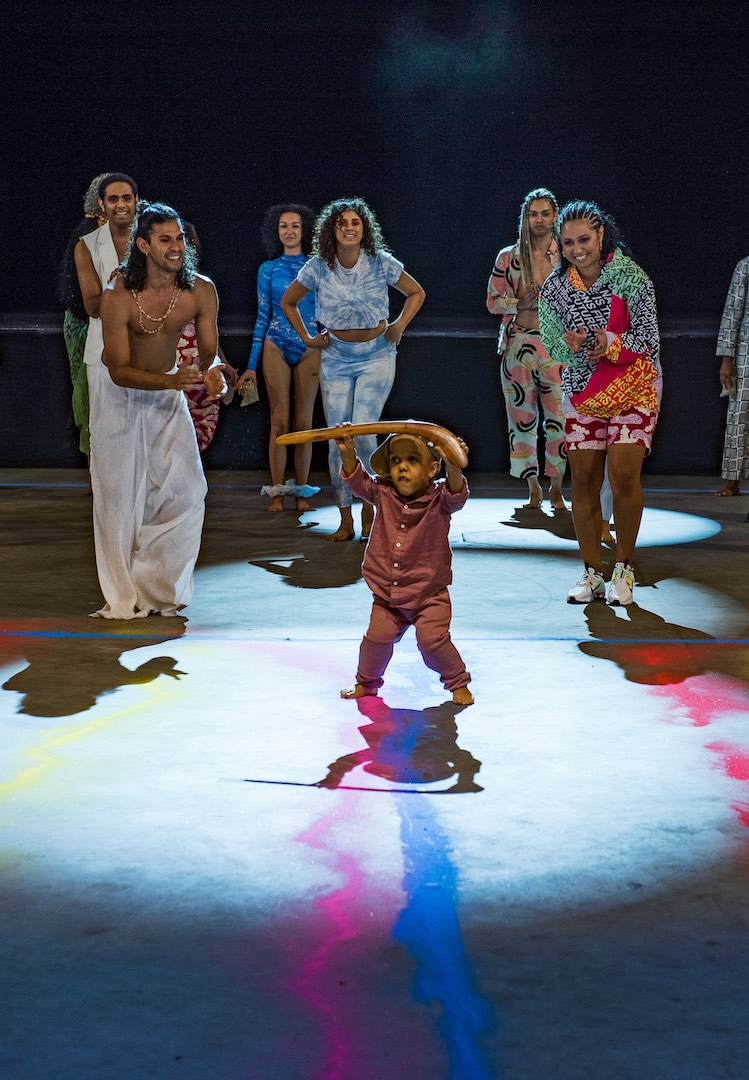“It’s exhausting and invalidating”: Female-identifying pro gamers share their experiences with online abuse
WORDS BY FASHION JOURNAL
“If we stick up for each other, we can change the game to be a better place for us all.”
Research shows that 76 per cent of female-identifying gamers have experienced or observed harassment or offensive behaviour while online gaming and that alarmingly, 71 per cent of male gamers who witness this abuse ignore it.
Maybelline’s recent initiative, Under The Avatar, aims to raise awareness of this issue and provide gamers with the tools to help combat it. By empowering bystanders to call out abuse when they see it, we can create safe spaces for all gamers.
For more content like this, tap through to our Life section.
Maybelline has produced a short video featuring local female-identifying online gamers that shows this startling abuse in action. It’s easy to forget that when playing online, there’s a real person on the other end of the internet connection and that your words have an impact.
Through Maybelline’s partnership with ReachOut, players will now have access to tips on where to find support and how to call out toxic behaviour. The advice highlights the importance of players being aware of what’s happening to others in the game around them and encourages them to make sure that if abuse does occur, victims feel supported.
If they feel safe enough, bystanders should acknowledge the abuse calmly, and then report it using the safety functions of the platform. Below, three female-identifying gamers share their experiences dealing with online abuse, and what changes they’d like to see in the online gaming community.
Phos, she/her
View this post on Instagram
My name is Phos and I make gaming content on TikTok, Twitch and YouTube. I started gaming professionally just under three years ago however I have gamed casually since my early childhood. The bullying and harassment that women and female-identifying gamers experience on the daily was unbeknownst to me, until I began creating content around gaming and especially when I began playing first-person shooter (FPS) games online. This harassment was not only via voice/text chat within online games but also appeared regularly within my Twitch chat and social media comments.
I still remember the first time I loaded up one of my now favourite games Valorant, and within my first ever game I was discriminated against for being a girl. I had teammates sabotage the entire game, and tell me to (and this is the mildest comment I received) “Go back to the kitchen and make me a sandwich” as if it were still the 1960s. For months afterwards, I didn’t ever use the voice chat and it took me a full year to be confident enough to play a competitive game.
Within the gaming community, I have also been continuously sexualised online by men; I could be wearing a massive hoodie and still have multiple people come into my streams just to comment on my body. I once had a man come in and say disgusting things about my body. I banned him and he resorted to sending through text-to-speech monetary donations so that he could continue his harassment – he literally paid me to harass me. I also once took a two-month break from being online because every second comment would be saying I looked pregnant, which was obviously extremely detrimental to my mental health and sense of self.
It’s extremely difficult to speak up about this ongoing issue. I can guarantee you that every time a female/female-identifying person has made a video on or spoken up at all about this, they’ve been hit with comments saying “You just need to get thicker skin”, “It’s not that deep of an issue, get over it” or “It happens just as often to men, and we don’t feel a need to complain”.
It’s exhausting and invalidating. I love gaming, I love my community and I love that I have the privilege to call this my job but this bullying and harassment cannot continue to be accepted in the gaming community and I hope more people in the future can recognise this.
Afua, she/her
View this post on Instagram
I have been gaming since I was around 10 years old. I started with a lot of story-based games and then as I got older I moved on to more competitive games like Overwatch, online multiplayer Halo, Warzone and other similar games. I always knew that banter was a big part of the gaming community and it’s a big part of the culture as well, but as I got into the more competitive games I started to notice that a lot of the banter was targeted towards female presenting voices in [the] chat.
I remember one time I was playing multiplayer Halo: Combat Evolved in early high school, and I was kicked off the server because the other people in the game didn’t believe that a girl could play so well, so they thought I was cheating. I remember another time when I was playing Warzone, and as ridiculous as it sounds, somebody literally told me to get off the game, go to the kitchen and make a sandwich. There is a level of banter and shit-talking that I can accept in gaming, but when it is sexist and harmfully intended it can completely demoralise a person.
To be honest, it’s put me off some games, and I just did not love Warzone enough to put up with the abuse that comes with it, unfortunately. This sort of sexist talk does not elevate the experience of anybody in the game. I think the people who are guilty of it need to think about their mothers, their sisters, their daughters, their aunts – any women that they have in their life – and think introspectively about how it might make them feel. Just because you’re behind a screen doesn’t mean you should behave any differently than if you were talking to someone face to face.
Kahlia, she/her
View this post on Instagram
I have been gaming since the age of three, and my experience has been both exhilarating and disheartening. Growing up immersed in the world of single-player games shielded me from the harsh realities of the online gaming community. However, when I began streaming on Twitch in 2020, I was met with an unsettling reality: the discrimination and abuse directed at female gamers online.
The online world, whilst full of wonderful individuals, also harbours an environment where ‘trolls’ roam freely, preying on unsuspecting players with their hurtful words and malicious intent. For women like myself, navigating this can be difficult and we exist online in constant fear of triggering an onslaught of discrimination and abuse because of our gender.
From comments like “True games are not for women” to enduring relentless sexualisation, the road to acceptance in the gaming community is littered with hurtful remarks and derogatory comments. Even something as harmless as the coffee cup emoji is used online to demean and belittle women, carrying significant implications of misogyny.
It’s 2024, and female gamers are just as prevalent as their male counterparts and the demand for equality resonates louder than ever. I hope one day that I am confident enough to speak in an online game without fear of verbal abuse and that I am able to post a video online without comments like “This is exactly why we don’t want women ruining games”. We aren’t seeking special treatment; we simply wish to be regarded as equals, deserving of the same respect and opportunities afforded to men.
Gamers experiencing toxic behaviour online can seek support and guidance via ReachOut (AU) and Youthline (NZ) mental health charities, supported by Maybelline.

